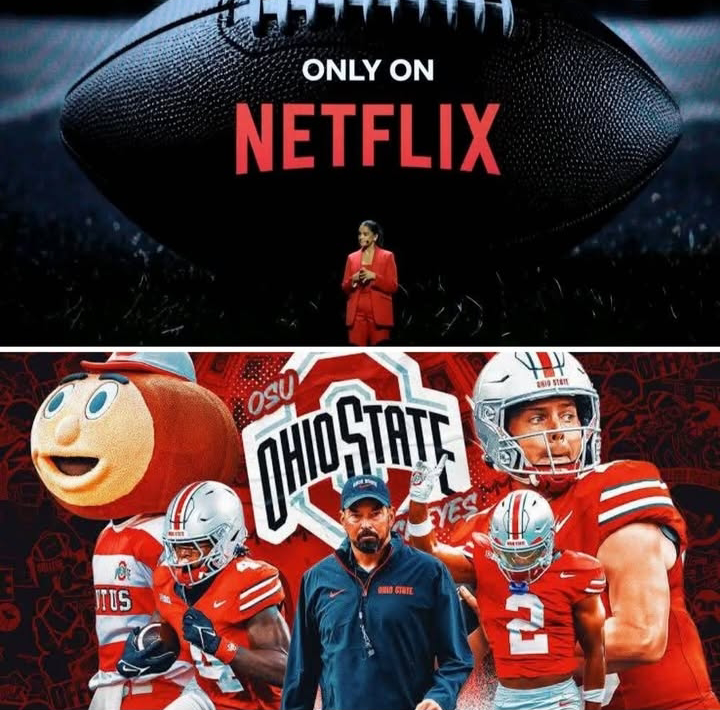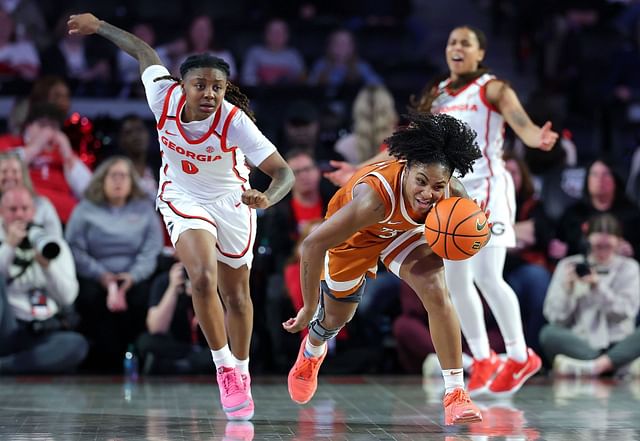In a recent interview, New York Knicks point guard Jalen Brunson made waves by openly discussing what he believes to be the team’s “biggest obstacle” to success. While many fans and analysts expected a more conventional answer centered around typical basketball challenges—such as injuries or team chemistry—Brunson’s comments have sparked widespread debate, and in some quarters, controversy.
The moment came when Brunson was asked about the Knicks’ performance in recent seasons and what stood in the way of a championship-caliber team. His answer was unexpected, blunt, and honest, drawing both support and backlash from various corners of the basketball world. Brunson revealed that, in his view, the Knicks’ biggest challenge was “the expectations and pressure from the city itself.”
This statement immediately sparked a firestorm on social media, with fans and pundits alike dissecting and debating its implications. For some, Brunson’s words were a stark admission of the psychological and emotional burden that comes with playing for one of the NBA’s most storied franchises. For others, however, the comment was seen as a cop-out—an excuse for a team that has long struggled to meet its lofty aspirations.
The Weight of the Knicks’ Legacy
To understand why Brunson’s comments have garnered so much attention, one must first consider the unique pressures faced by players on the New York Knicks. The Knicks are one of the most iconic franchises in NBA history, with a passionate fan base and a city that lives and breathes basketball. The team’s storied history, which includes two NBA championships and an array of legendary players such as Walt Frazier, Willis Reed, and Patrick Ewing, has set a high standard for success.
However, the Knicks have been in the midst of a decades-long championship drought, last winning the NBA Finals in 1973. Since then, the franchise has struggled with inconsistent performance, plagued by mismanagement, coaching changes, and player turnover. The team has failed to make deep playoff runs, and despite the occasional glimmer of hope, it has never quite returned to its former glory.
For players like Brunson, this legacy looms large. Expectations for the Knicks are always high, and the city’s fervent fan base demands success. The pressure to win is palpable, and every misstep or underperformance is met with criticism from the media and disappointment from fans. Even when the team is showing signs of improvement, the relentless spotlight can be overwhelming.
In this context, Brunson’s statement about the weight of expectations makes sense. It’s not just about winning games—it’s about living up to the legacy of the franchise and fulfilling the hopes of an entire city. That’s a monumental task for any player, let alone one who is still in the process of establishing himself as a leader in New York.
The Reality of Playing in New York
Brunson’s comment about expectations speaks to the unique challenges of playing for a team in a major market like New York. There’s no escaping the intense scrutiny that comes with being a member of the Knicks. Every win and loss is magnified, and every play is analyzed in excruciating detail.
This level of attention can be both motivating and debilitating. On one hand, the chance to play in front of one of the most passionate fan bases in sports is a dream come true for many athletes. The energy of Madison Square Garden, the historical significance of the franchise, and the opportunity to be part of a team with a rich legacy can serve as powerful motivators. On the other hand, the pressure to live up to those expectations can sometimes result in mental fatigue, self-doubt, and an inability to perform at the highest level.
Brunson’s comments highlight the emotional toll that such pressure can take on a player. It’s easy to dismiss the psychological aspect of professional basketball, but the mental game is just as important as the physical one. In fact, many experts argue that a player’s ability to handle the mental and emotional strain of playing for a team with high expectations can be the difference between success and failure.
Reactions: Support and Backlash
Brunson’s remarks have garnered a wide range of reactions from fans, analysts, and former players alike. On the one hand, many people have expressed sympathy for the point guard. They recognize that playing in New York comes with its own set of unique challenges. Knicks fans, in particular, are known for their unwavering loyalty, but they are also quick to express their frustration when the team falls short of expectations. The constant pressure to win can be mentally exhausting, and for someone like Brunson, who has only recently arrived in New York, adjusting to that environment can take time.
“I get it,” said former NBA player and current analyst Richard Jefferson. “New York is a different animal. There’s a reason why so many players come to New York and struggle. It’s not just the competition on the court—it’s the mental grind of trying to meet expectations every night.”
On the other hand, some have criticized Brunson for not taking more responsibility. After all, the Knicks have had a solid season in recent years, and many fans feel that the team is on the right track. The addition of Brunson was expected to be a key piece in their quest to return to prominence, and his leadership on and off the court is highly valued. Some feel that his comments about the pressure of playing in New York are a convenient excuse for a team that, despite improvements, still falls short when it matters most.
“It’s a weak mentality to blame the pressure,” one fan tweeted. “You knew what you were getting into when you signed with the Knicks. If you want to be a star in New York, you have to embrace the pressure, not run from it.”
The Bigger Picture: Team Expectations vs. Individual Performance
The debate surrounding Brunson’s comments touches on a larger issue facing the Knicks—what are the true obstacles standing in the way of their success? Is it the pressure of New York, or is it something deeper? While Brunson’s admission about expectations certainly highlights a psychological challenge, it may not be the sole factor holding the team back.
The Knicks, despite showing promise, still face structural challenges. They are not yet a complete team capable of competing for a championship. While Brunson is a tremendous player, and Julius Randle has been a reliable force, the Knicks still need more consistency from other players, improved roster depth, and, potentially, another star to truly contend. The team’s lack of sustained success in the postseason also indicates that the issues go beyond mental pressure and involve tangible shortcomings in roster construction, coaching, and execution.
Conclusion
Jalen Brunson’s candid comments have sparked a debate that transcends the specifics of the Knicks’ current season. The controversy surrounding his admission about the pressure of playing in New York shines a light on the complex and often overlooked mental challenges that athletes face, particularly in a high-profile market like New York City.
While his words may have ruffled some feathers, they also provide insight into the reality of playing in one of the NBA’s most demanding environments. Whether you agree with his assessment or not, it’s clear that the Knicks’ journey to success will require more than just physical talent—it will require mental fortitude, teamwork, and a collective effort to manage the weight of expectations.
Ultimately, the Knicks will need to find a balance between embracing the pressure of New York and not letting it stifle their potential. And for Jalen Brunson, it seems the challenge isn’t just about basketball—it’s about how to thrive in an environment where every move is scrutinized and every mistake amplified. Only time will tell if he and the Knicks can rise to the occasion.






Leave a Reply